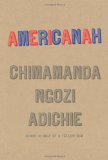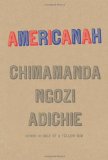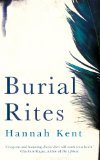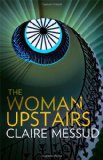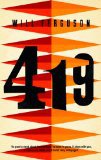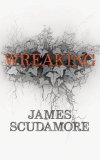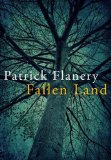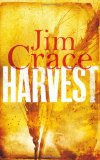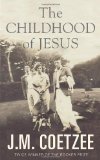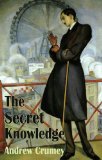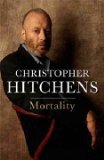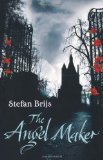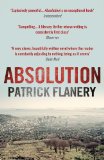The 2013 Booker longlist will be announced on the 23rd July. Compiling my longlist prediction has been particularly difficult this year. Not because there aren’t good books to choose from, but because the usual stand-out contenders aren’t around. I found about 30 books that felt equally likely to be longlisted. All had their merits, but because none seemed especially outstanding I don’t envy the judges who have to decide which ones to put through.
After much research I predict that these books will make up the “Booker Dozen” when it is announced on the 23rd July:
Americanah by Chimamanda Ngozi Adichie
Chimamanda Ngozi Adichie has noticeably matured as a writer in this novel. I missed the raw emotional power of her first novels, but suspect Americanah will tick all the boxes those judges are looking for.
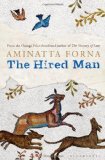
The Hired Man by Aminatta Forna
The Memory of Love was a very accomplished piece of writing. It didn’t have enough plot for me, but her fans claim this book is even better. If that is the case then this book should walk straight onto the longlist.
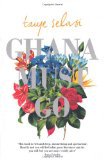
Ghana Must Go by Taiye Selasi
Ghana Must Go is one of the most talked about debuts of the year. Selasi has the support of Salman Rushdie and Toni Morrison and her writing reminded me of Rushdie’s. The wordy writing style wasn’t for me, but I’d be surprised if this didn’t make the longlist.
Burial Rites by Hannah Kent
Burial Rites isn’t published until August, but the advance praise for this book is outstanding. An Australian author who writes about Icelandic historical fiction is a first for me, but I’m looking forward to trying it.
Secrecy by Rupert Thomson
I enjoyed Secrecy and thought it had a wonderful atmosphere and depth. Thomson deserves to be more well known and I think this is his opportunity.
The Woman Upstairs by Claire Messud
This novel has been dividing opinion (as all good books do!) It is extremely provocative and it is hard to know whether or not the judges will tolerate the swearing, but it would be nice to see something so different on the longlist.
419 by Will Ferguson
419 has already won the Giller Prize, Canada’s equivalent of the Booker. The writing is excellent and I think it has a strong chance of being put through.

All the Birds, Singing by Evie Wyld
Evie Wyld was included on Granta’s 2013 list of Best Young Novelists. Everyone was surprised when her debut novel, After the Fire, A Still Small Voice, wasn’t longlisted for the Booker Prize, but I think her time has now come.
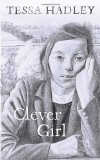
Clever Girl by Tessa Hadley
I wasn’t a fan of The London Train, but people who enjoy character driven novels are raving about Clever Girl.
Wreaking by James Scudamore
I loved Heliopolis and Wreaking promises to be even more impressive. It hasn’t been released yet, but I’ve seen some very positive comments on Twitter.
Fallen Land by Patrick Flanery
I recently read Absolution and was very impressed. Apparently Fallen Land is even more accomplished and as Absolution deserved a Booker longlisting I think that means Fallen Land should be a certainty.
Harvest by Jim Crace
Jim Crace was shortlisted for the Booker prize in 1997. His new book, Harvest, is said to be a return to his best and I’m looking forward to trying it.
The Childhood of Jesus by JM Coetzee
Coetzee is the only real literary heavyweight around this year. This slim book has been dividing opinion, but I think that is because it is more complex than his other books. I think the judges will enjoy re-reading this one.
The Secret Knowledge by Andrew Crumey
Finally, my wild-card prediction. I haven’t read this and couldn’t find any reviews online (it hasn’t been published yet) but having read one of Crumey’s books earlier this year I was very impressed by the quality of his writing. If this book is up to his usual standard then I think the judges will be impressed by his philosophical insight and be drawn to the fact this is so different from everything else submitted (I’m guessing here). Either way, I’d love to see him on this list.
Thoughts on my Longlist
After looking at my list as a whole I realise it has a strong African bias. I’d be happy to see the judges correct this by finding some gems that I’m yet to come across. I’m really hoping that the longlist has some wonderful surprises, especially if they involve different genres and authors from a wider range of countries.
What do you think of my selection?
Who do you think will be longlisted for the Booker Prize?
